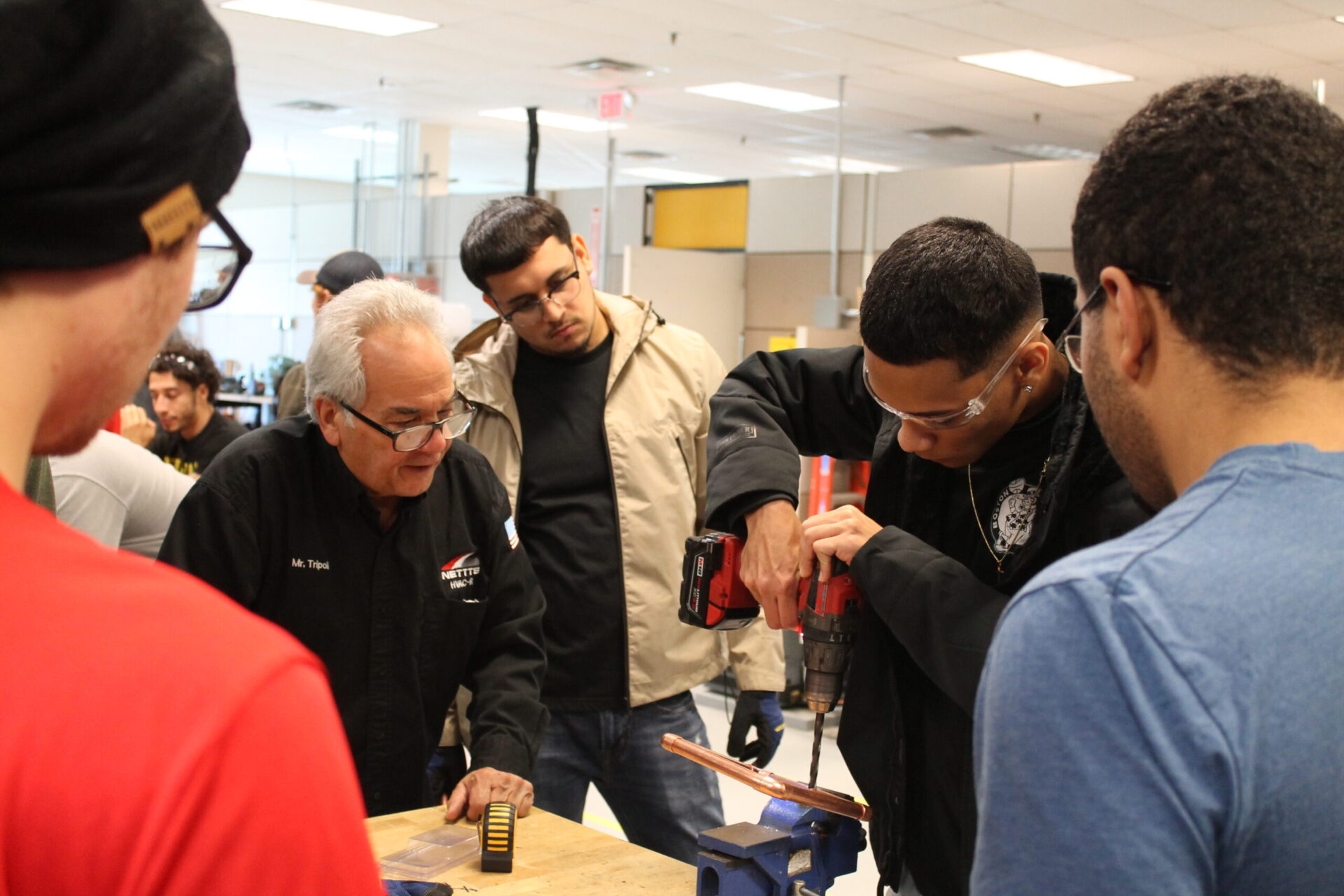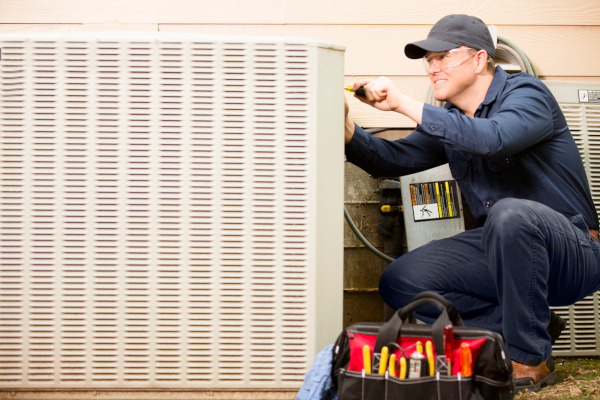
If you’re thinking about becoming an HVAC technician, one of the first questions you might ask is, how long does it take to complete HVAC school? The answer depends on the school you attend and the depth of the curriculum being taught.
HVACR (Heating, Ventilation, Air Conditioning, and Refrigeration) technicians help to keep homes, businesses, and public spaces comfortable and safe. Because HVACR technicians work on a variety of heating, cooling, and ventilation equipment, it is a career path that provides long-term stability and involves hands-on work.
How Long Is HVACR Training?
HVACR training programs can take between 6 months and several years to complete. The exact length can vary depending on:
- Whether you attend full-time or part-time
- The type of credential offered (certificate, diploma, or degree)
- How much hands-on training is included in the program
Schools accredited by ACCSC, like NETTTS, offer HVACR training that combines classroom learning with real-world practice. This blend helps prepare students for entry-level work that they may encounter in the field.

What You’ll Learn in HVACR School
HVACR programs teach both the science behind how systems work, and the technical skills needed to install, repair, and maintain them.
While each school’s curriculum is a little different, most programs cover topics such as:
- Basic electrical theory and safety
- Heating systems and gas furnaces
- Air conditioning and refrigeration systems
- System installation and maintenance
- Troubleshooting and diagnostics
- Blueprint reading and mechanical codes
- Environmental and EPA regulations
Students also typically prepare for the EPA Section 608 Certification, which is required for anyone who handles refrigerants.
Hands-On Experience Matters
In HVACR training, the hands-on portion is just as important as the classroom work. Students spend time working with real tools and equipment like testing electrical systems, charging refrigerants, and diagnosing issues.
This type of practical experience builds confidence and helps students feel prepared for the practical challenges that they’ll face on the job.

After You Finish HVACR School
Once you complete an HVAC program, you’ll have been provided with an educational foundation to pursue an entry-level position such as:
- HVAC Installer or Service Technician
- Refrigeration Technician
- Maintenance or Repair Technician
Graduates have opportunities to continue their education through apprenticeships or on-the-job training, where they can build experience and specialize in areas like commercial systems, controls, or energy efficiency. With additional experience and continued learning, technicians can also move into supervisory or business ownership roles.
What to Expect From an HVACR Career
HVACR technicians work in a variety of settings, from residential homes to schools, factories, and office buildings. The job can involve troubleshooting, installing new systems, or performing maintenance to keep existing systems running smoothly.
Because heating and cooling are essential services for many businesses, HVACR technicians are needed year-round. The work can be physical and sometimes requires being on-call, but it also offers the satisfaction of solving problems and helping people stay comfortable.
Getting Started
If you’re ready to start training for a hands-on career, HVACR is a field where you can begin working relatively quickly. The HVACR technician training at NETTTS takes just over a year to complete, and offers a variety of training schedules to help balance school with work or family responsibilities.
If you’re in Massachusetts or Rhode Island NETTTS offers HVACR training options at our North Andover, MA and Pawtucket, RI locations that provide both classroom learning and hands-on experience to help you take the first step toward a new career.




